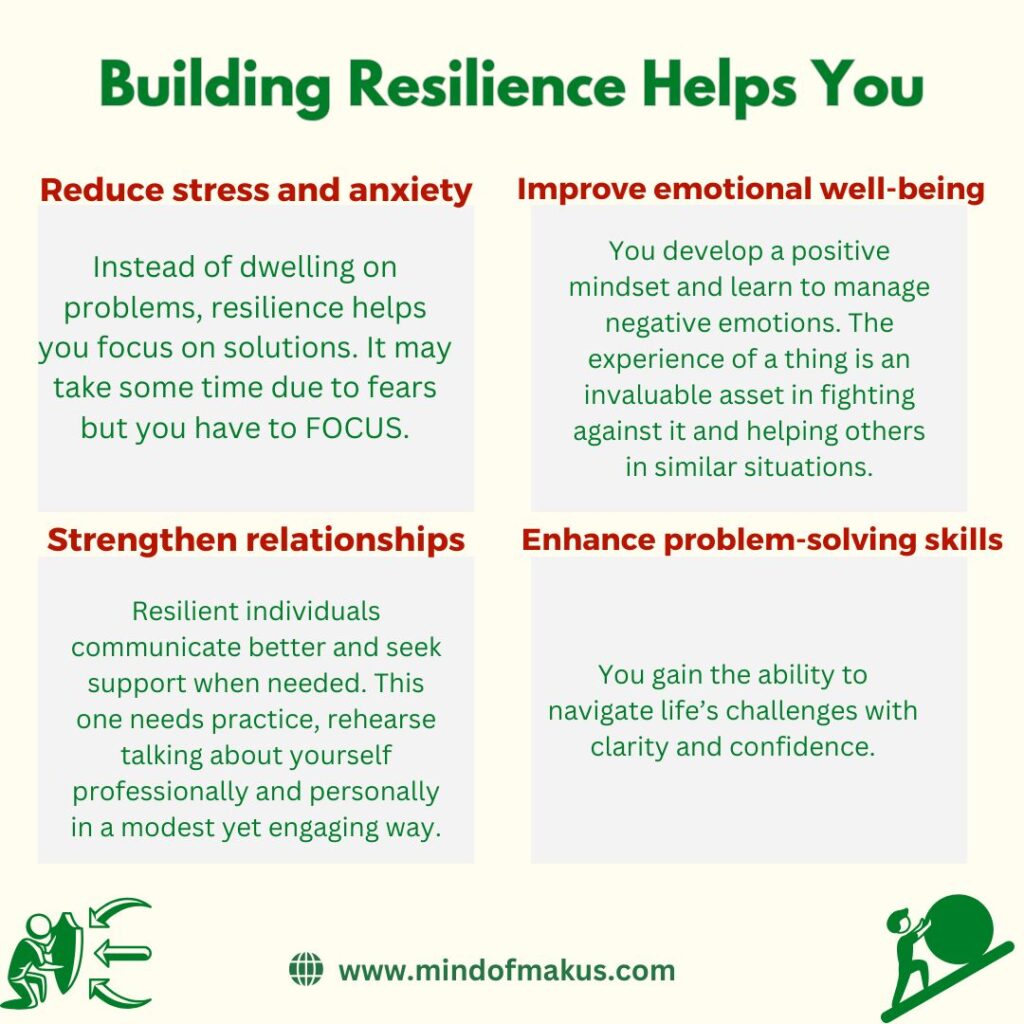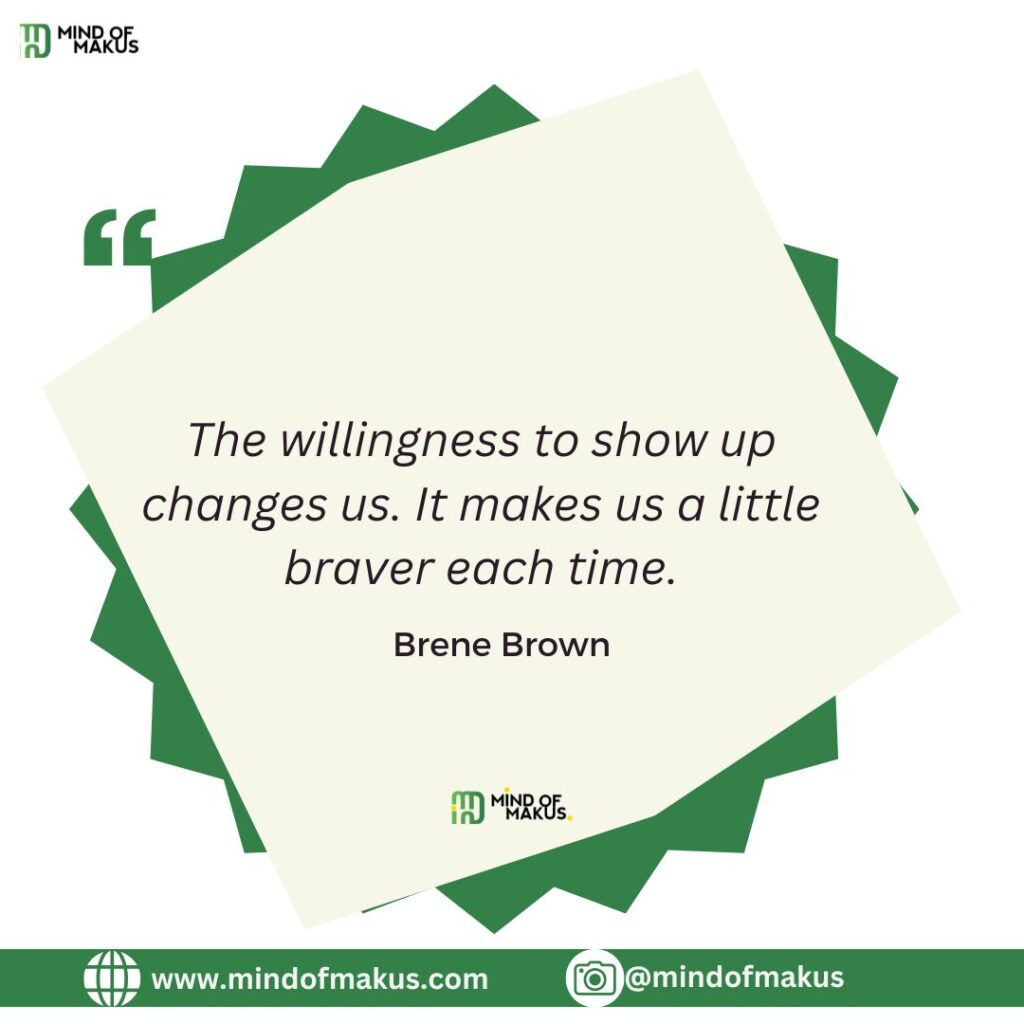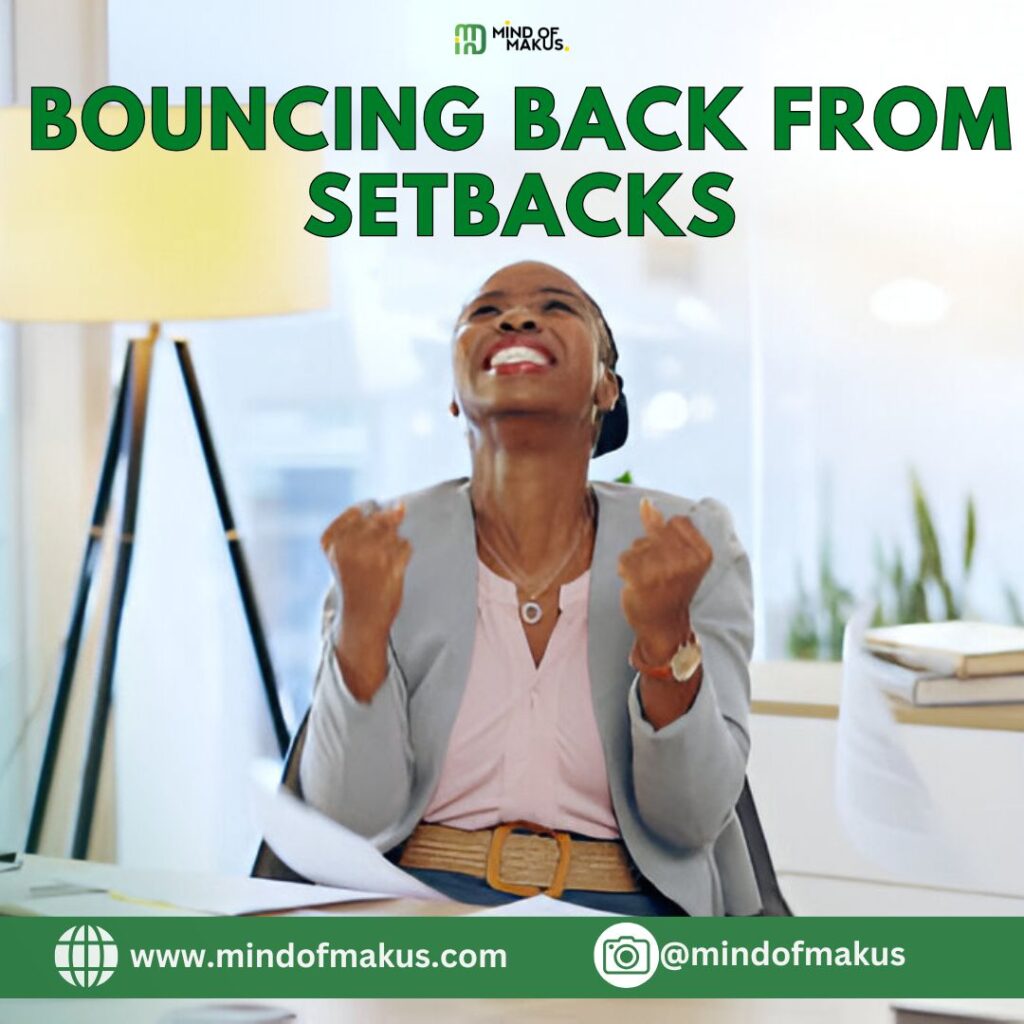Hello dear friend,
I hope you are benefiting from the blog the way I prayed you would. I want to encourage you to see the things I share here as a starting point for your own inquiry and growth, please keep improving and getting better.
There are many opportunities for us to see ourselves truly for what our strengths and weaknesses are, however, we often walk by them and don’t seize them with both hands.
Don’t let that be you. When you see something that will benefit you, grab it and see it through to the end, see yourself do the hard work required to be the person God made you to be. Stay focused.
Life is full of ups and downs. No matter how much we plan or prepare, setbacks are inevitable. Whether it’s a failed relationship, job loss, financial struggles, or personal disappointments, these moments can feel like they came out of the blues and we can very easily feel like we are being carried by a flood.
…When the enemy comes in like a flood, the Spirit of the Lord will lift up a standard against him”.
-Isaiah 59:19
However, what truly defines us is not the setback itself, but how we rise after falling, and rise we must.
This is where emotional resilience comes in. Resilience is the ability to adapt, recover, and grow stronger from life’s challenges. In this post, we’ll explore practical ways to develop resilience and bounce back from setbacks with confidence and strength.
Why Emotional Resilience Matters
Resilient people don’t just survive difficult times; they find ways to learn, grow, and even thrive despite them. My resilience was tested this year. I was exhausted emotionally and really didn’t have anything more to give, but God held me.
I advocated for myself, prayed, fasted, and leaned on community support to ride through the tough times. I also learned a lot of lessons, and in fact, more lessons are revealed daily.
No one goes to battle without preparation, I built that resilience before I needed it, built the community I could go to for advice and support, built the skill of having difficult conversations and self-advocacy, built a spiritual discipline of word study, prayer, and fasting… It takes building.


Building resilience helps you:
✅ Reduce stress and anxiety – Instead of dwelling on problems, resilience helps you focus on solutions. It may take some time due to fears but you have to FOCUS.
✅ Improve emotional well-being – You develop a positive mindset and learn to manage negative emotions. The experience of a thing is an invaluable asset in fighting against it and helping others in similar situations.
✅ Strengthen relationships – Resilient individuals communicate better and seek support when needed. This one needs practice, rehearse talking about yourself professionally and personally in a modest yet engaging way.
✅ Enhance problem-solving skills – You gain the ability to navigate life’s challenges with clarity and confidence.
The good news? Resilience is a skill that anyone can develop with practice.
How to Build Emotional Resilience
1. Accept That Setbacks Are Part of Life
Struggles are unavoidable. The sooner we accept this, the easier it becomes to move forward. Instead of seeing challenges as permanent failures, view them as opportunities to learn and grow.
🔹 Reframe your mindset: Ask yourself, “What can this situation teach me?” rather than “Why is this happening to me?”
2. Build a Strong Support System
You don’t have to go through setbacks alone. Lean on friends, family, mentors, or a support group for encouragement and perspective.
👥 Ways to strengthen your support system:
✔️ Open up to someone you trust about your struggles.
✔️ Surround yourself with positive and encouraging people.
✔️ Seek professional support if needed (coaches, therapists, or counsellors).
Remember, seeking help is not a sign of weakness—it’s a sign of strength.
3. Practice Self-Compassion
When facing setbacks, it’s easy to be hard on yourself. Instead of dwelling on what went wrong, treat yourself with kindness and understanding—just as you would a close friend.
💡 Ways to be kinder to yourself:
✔️ Avoid negative self-talk and self-blame.
✔️ Recognize that mistakes are part of growth.
✔️ Celebrate small victories, no matter how small.
Your inner dialogue shapes your reality—make it a supportive one.
4. Cultivate a Growth Mindset
A growth mindset means believing that abilities and intelligence can be developed through effort and learning. People with a growth mindset see failures as stepping stones to success, rather than roadblocks.
🔹 How to develop a growth mindset:
✔️ Replace “I can’t do this” with “I can’t do this yet.”
✔️ View failures as learning experiences.
✔️ Focus on what’s within your control and take small steps forward. Action things quickly and don’t be afraid to fail at them. The most successful people action things and learn at a fast rate. Go for it.
With this mindset, setbacks become temporary challenges, not permanent defeats.
5. Take Care of Your Physical and Mental Health
Resilience isn’t just about mindset—it’s also about how well you take care of your body and mind. When you’re physically and mentally healthy, you’re better equipped to handle stress and setbacks.
💪 Healthy habits to strengthen resilience:
✔️ Exercise regularly to boost mood and reduce stress. 30mins walk at the minimum positions your body for success in the day
✔️ Get enough sleep to maintain emotional balance. Sleep trackers are good for this, get on it.
✔️ Practice mindfulness or meditation to manage anxiety. Ask yourself “What is within my control here”, breathe, and write things down.
✔️ Eat nutritious meals to support brain function and energy. Those avocados, veggies and drinking water are not going to enter your body through visualisation, you have to buy them and make them ready to eat. Action it, action it, action it. Remove barriers that make it difficult for you to eat healthy. Don’t eat kids’ leftovers, get kids eating healthy too, buy only what is healthy for your family, and keep one another accountable.
Your body and mind are connected—nurture both to build resilience.
6. Focus on What You Can Control
Some setbacks happen due to circumstances beyond our control. Instead of wasting energy on what you can’t change, shift your focus to what you can influence.
🔹 Ask yourself:
✔️ What actions can I take to improve my situation?
✔️ What lessons can I take from this experience?
✔️ How can I respond in a way that benefits my future?
Redirecting your energy towards actionable solutions helps you regain control and move forward.
7. Keep Moving Forward, One Step at a Time
Resilience isn’t about bouncing back instantly—it’s about taking small, consistent steps forward. Healing and recovery take time, and that’s okay.
Ways to stay motivated during setbacks:
✔️ Set small, achievable goals to regain momentum.
✔️ Celebrate progress, no matter how slow.
✔️ Remind yourself of past challenges you’ve overcome.
Every challenge you face makes you stronger, wiser, and more resilient.
I don’t exactly feel stronger every time I get hit by a curveball, but a few years down the line, I can see the muscles. Just like Day 1 at the gym and Day 150 at the gym are such a different vibe. You have to put Day 1 in, to be able to see the results at day 150.
Please don’t ignore these things you are reading.


Final Thoughts: Turning Setbacks into Comebacks
Setbacks are not the end of the road—they are stepping stones toward something greater. You can turn life’s challenges into powerful growth opportunities.
💬 What’s one setback you’ve overcome that made you stronger? Share your thoughts in the comments!
Until next time, stay authentic,
Stay resilient, and continue to honour your needs.
Live wholeheartedly,
Amaka



